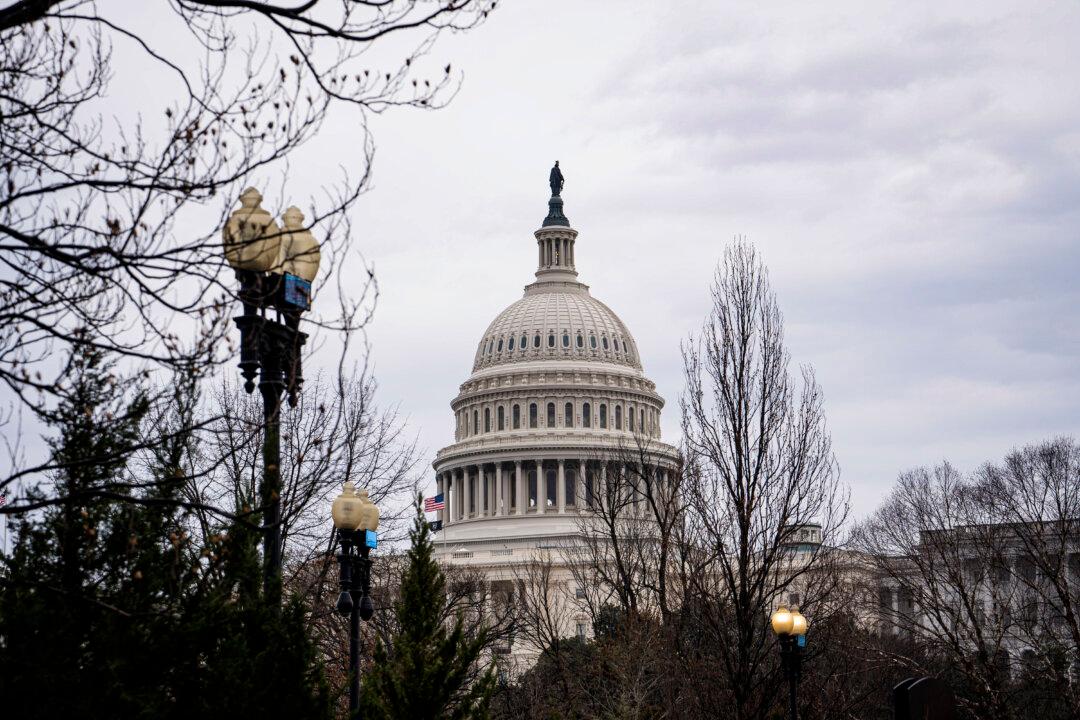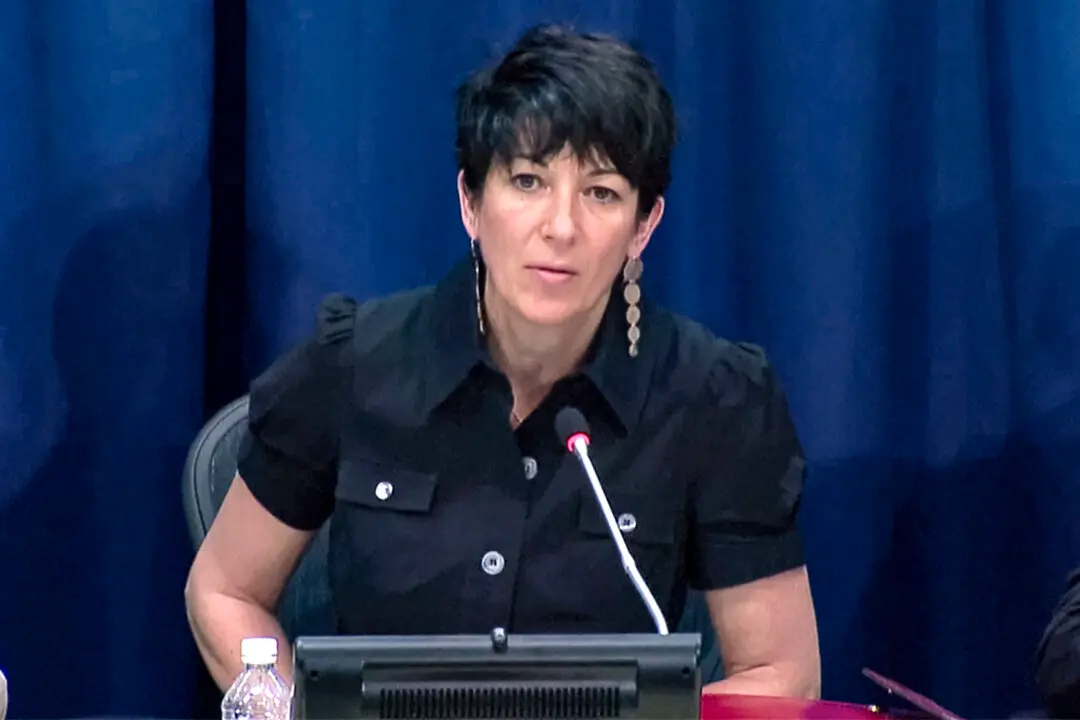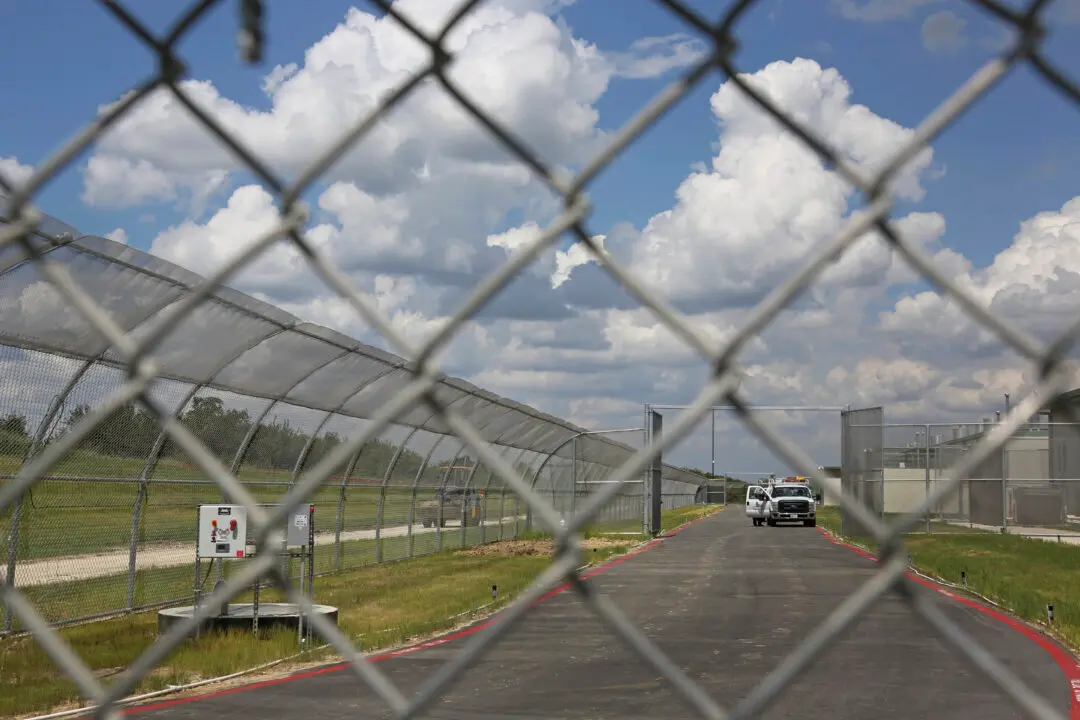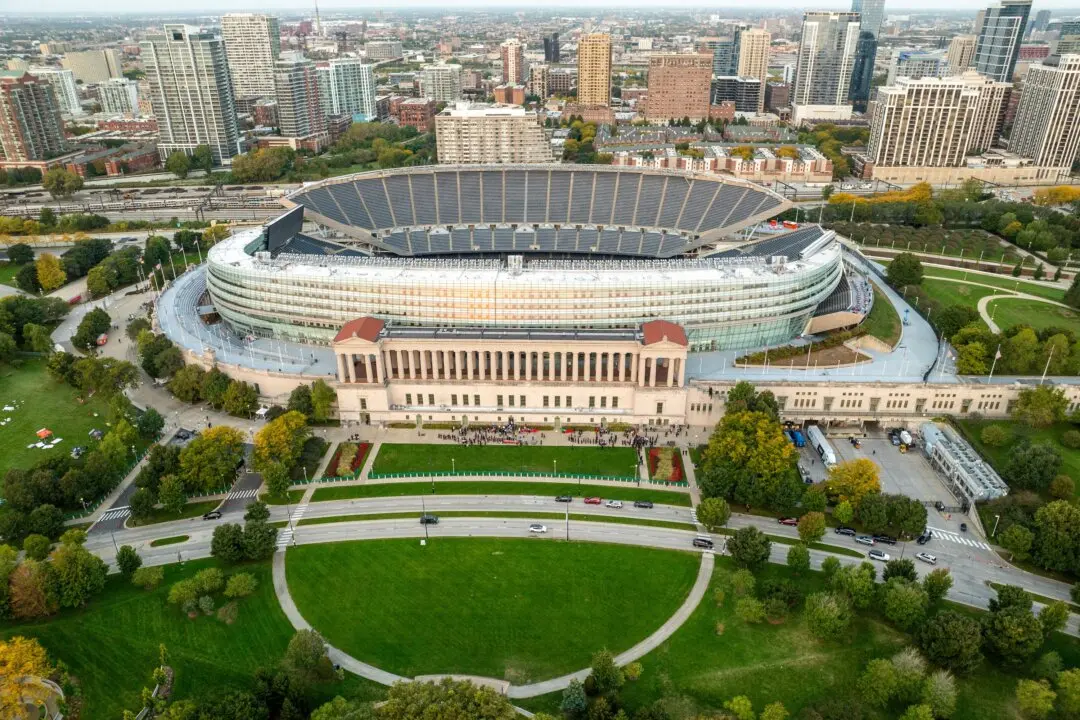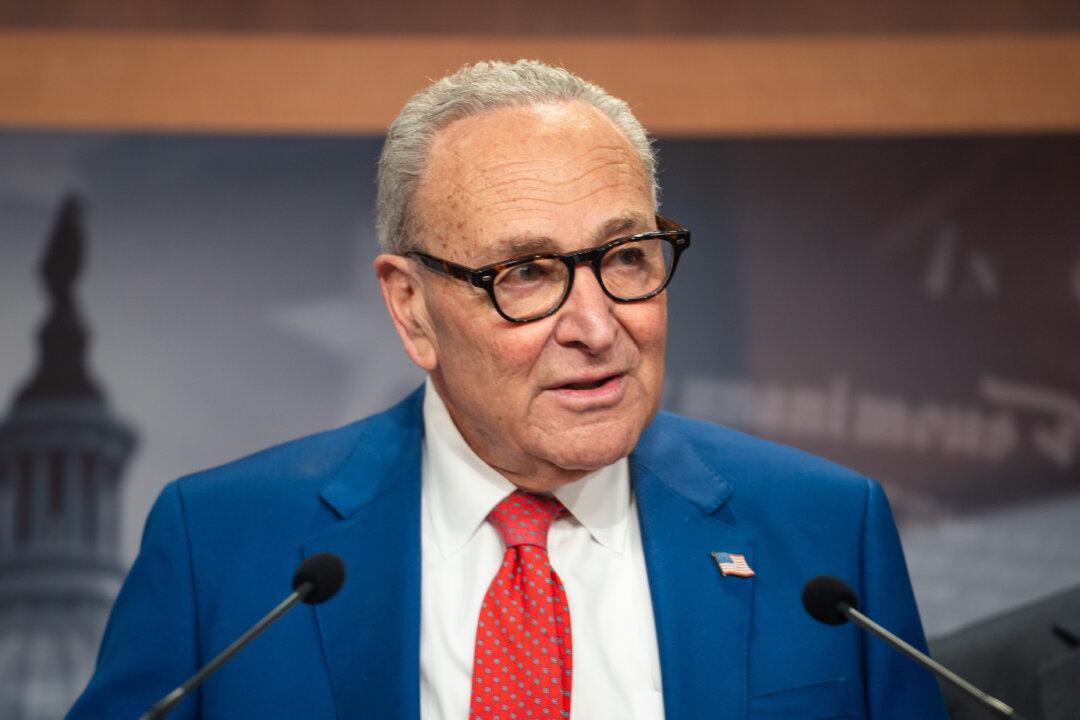Congressional leaders have struck a deal to avert a government shutdown.
The development was announced in a joint Feb. 28 statement by House Speaker Mike Johnson (R-La.), Senate Majority Leader Chuck Schumer (D-N.Y.), House Minority Leader Hakeem Jeffries (D-N.Y.), and Senate Minority Leader Mitch McConnell (R-Ky.), along with leaders from the House and Senate appropriations committees.
